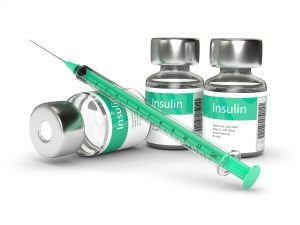One of the foods most closely associated with summertime is watermelon. It is tasty and quenches your thirst but did you know that it is also healthy for you ?
It is believed that watermelon may help in the prevention of diabetes, cancer, high blood pressure, heat stroke, kidney disorders, and macular degeneration.
Some of the known benefits of watermelon are:
- It is high in lycopene, an antioxidant believed to curb cancer and also protect the skin from the sun’s rays
- It contains an amino acid citrulline which may lower blood pressure and also lower the risk of a heart attack
- It contains beta-cryptoxanthin which lowers joint inflammation
- It contains vitamin A which is good for the eyes
- It is 92% water and good for keeping hydrated and feeling full
- It contains vitamins A, B6, and C which keeps the skin soft and supple
- It is low in calories
- It is high in potassium which is important for flushing out the toxins through the kidneys
- It is easy to digest
- The potassium and magnesium helps insulin to function properly which controls diabetes
One of the risks associated with eating watermelon is that if it is pre-cut, there is a chance of being exposed to salmonella. It must be refrigerated below 40 degrees and washed thoroughly before eating.
Enjoy your summer and make watermelon a part of your summertime snacks.
All content of this newsletter is intended for general information purposes only and is not intended or implied to be a substitute for professional medical advice, diagnosis or treatment. Please consult a medical professional before adopting any of the suggestions on this page. You must never disregard professional medical advice or delay seeking medical treatment based upon any content of this newsletter. PROMPTLY CONSULT YOUR PHYSICIAN OR CALL 911 IF YOU BELIEVE YOU HAVE A MEDICAL EMERGENCY.


 Streptococcus B is a type of gram-positive bacterial infection that is commonly found in the intestine, the vagina, and the rectal area of women. It can affect newborns as well as adults. Most pregnant women who carry this infection don’t have any symptoms. It is transmitted during childbirth to the newborn as it passes through the birth canal. It is also a leading cause of sepsis and meningitis in newborns.
Streptococcus B is a type of gram-positive bacterial infection that is commonly found in the intestine, the vagina, and the rectal area of women. It can affect newborns as well as adults. Most pregnant women who carry this infection don’t have any symptoms. It is transmitted during childbirth to the newborn as it passes through the birth canal. It is also a leading cause of sepsis and meningitis in newborns.